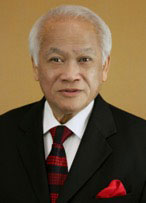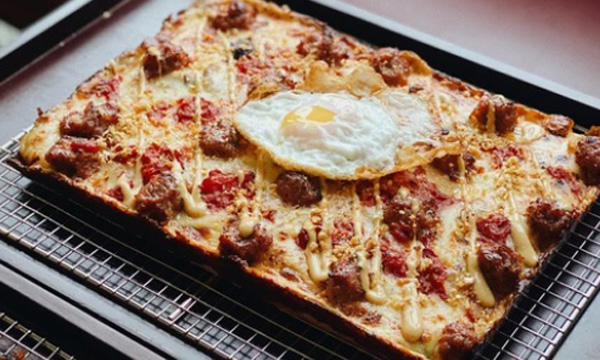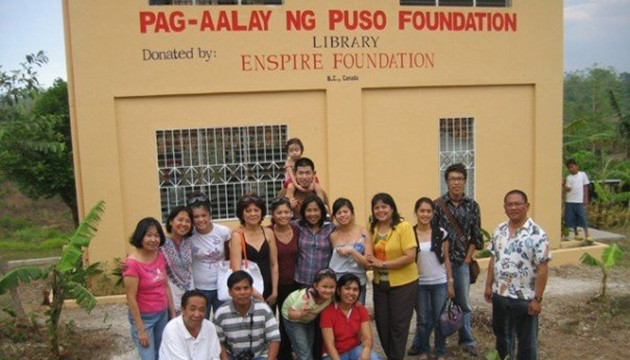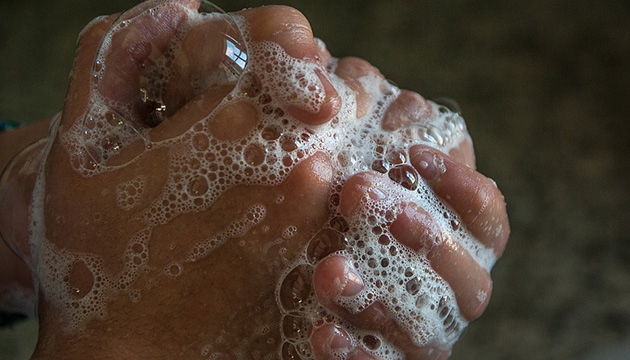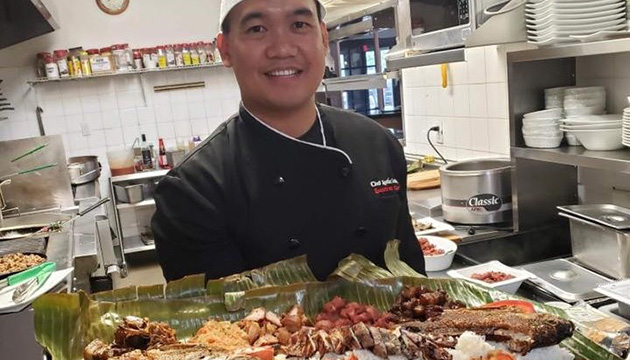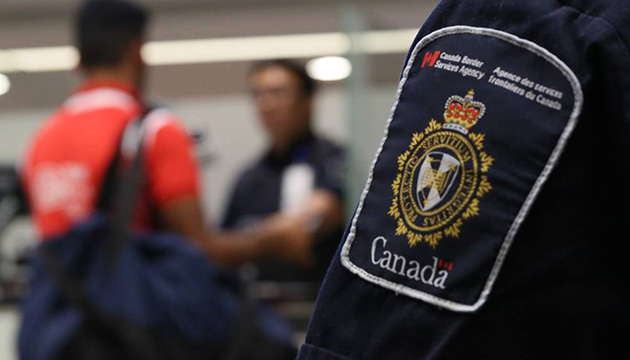Winnipeg, Canada Day 2024 (5-minute read): Filipino Heritage Month as a pan-Canadian event has become a natural prelude to Canada Day. Although not by design, it is a beautiful happenstance.
Three years ago during Canada Day 2021, I shared with our community my reflections as a Canadian Filipino. I sourced my life experience in medicine, politics and community volunteerism.
Last month on Monday the 17th, I shared my Filipino Heritage story – drawing again from my lifetime experience – on the invitation of the Honourable Minister for Small Business Rechie Valdez and the Manager for Outreach, Diversity and Inclusion at the Ottawa Liberal Research Bureau Jerica Gelle Mariano, both of whom are members of our heritage community. They hosted the 2024 Filipino Heritage Month Celebration on Parliament Hill and invited me to be the Keynote Speaker, in person. When I conveyed my regret, Minister Valdez requested a video message and Manager Jerica hastened to add that I include a reflection of my life experience. At once I understood since the theme of their Celebration was “Building Bridges Across Generations, Honoring Heritage and Stories.”
What is heritage and why honor and preserve?
“Heritage,” as defined by the Concise Oxford English Dictionary, is “anything that is or may be inherited; valued things that have been passed down from previous generations; or relating to things of historic or cultural value that are worthy of preservation.” Thus defined, heritage can be viewed as multidimensional, tangible or intangible such as cultural values or traditions which are valuable tools to any family and society.
Who would dare argue against the importance of “a love for education, participation in community life, a strong work ethic, or religious devotion”? Or, “passing on to future generations a country’s rich musical heritage, a person’s ethnic or cultural background”? Or, “cherishing family traditions that provide unity and a sense of belonging, peace, security and safety”? Or, “telling and sharing family stories that help instill confidence, self-esteem and pride in youth”? Or, “honoring cultural values and traditions that provides a strong sense of self-identity and makes for a self-assured and happy child”?
Too, one’s heritage may reflect one’s struggles and triumphs or one’s achievements and accomplishments, within or not within one’s dream. Alone or joined with others, I am confident they would inform and inspire, or from the viewpoint of the Multiculturalism Branch of the Canadian Heritage Department, ““reflect historical and cultural milestones that help define the rich and significant history” of Canada’s multicultural communities.
Indeed, broad is the perspective and many are the benefits that ensue from preserving our cultural heritage. Many more would harvest the benefits when we share with others in the community.
It is within this multidimensional context of heritage that I shared last June 17th with the audience on Parliament Hill, via video, my Filipino heritage story, in brief, drawing again from my collective experience in medicine, politics and volunteer community advocacy.
Why tell and share our Filipino heritage story
Then I recalled the history, significance and observance of “June” as a dedicated pan-Canadian Filipino Heritage Month. This year’s celebration is the 6th since the House of Commons of the Parliament of Canada adopted on October 30, 2018 – unanimously and, therefore, with the full concurrence of the Government of Canada – Motion No. 155 which states: “That, in the opinion of the House, the government should recognize (1) the contributions that Filipino-Canadians have made to Canadian society; (2) the richness of the Filipino language and culture, and (3) the importance of reflecting upon Filipino heritage for future generations by declaring June, every year, Filipino Heritage Month.” The third element is focused on the importance of Filipino heritage.
Multicultural heritage of Canadians
Then I also recalled that the 1982 patriated Canadian Constitution includes a new part - the Charter of Rights and Freedoms. Section 27 of its 34 sections states: “The Charter shall be interpreted in a manner consistent with the preservation and enhancement of the multicultural heritage of Canadians (Bold prints are mine for emphasis).” [Note: “Patriation” of the Canadian “Constitution Act,1867” means Canada took control of its Constitution and is no longer dependent on the British government for any future changes.]
This specific Charter provision not only re-affirms Canada’s multiculturalism policy first announced a decade earlier in 1971 by the Government of Canada under Prime Minister Pierre Elliott Trudeau (the father of our current Prime Minister Justin Trudeau), but also makes it difficult for any future Canadian government to change this Charter provision by a simple majority votes of Parliament. Any future change will require a constitutional amendment which is
a very difficult process to make a change. Thus, the preservation of the ‘multicultural heritage of Canadians” is virtually guaranteed – a permanent fixture of our national fabric.
Moreover, it was also the resolve of Canada – at the time of the patriation process – that the “multicultural heritage” of its people shall not only be preserved but also enhanced. And enhancement is a natural and welcome outcome of immigrants to Canada, as a choice or a necessity, and contribute to nation-building, as would their future generations by birth. We can only be assured of their achievements and accomplishments and make Canada a better place.
The Filipino community and its heritage
It has, therefore, occurred to me that sharing our individual heritage stories would be one best way to preserve our collective Filipino cultural heritage for posterity and, thereby, ensure its preservation and enhancement to the well-being of Canadians’ continually evolving multicultural heritage.”
In the years since patriation of the Canadian Constitution in 1982, Canada has become increasingly more diverse and mosaic. Our Canadian Filipino community alone is increasingly inching to a million mark. In the years ahead, our Filipino heritage will be a more significant part of the continually evolving Canadian multicultural heritage.
Indeed, our community has already become a significant part of the Canadian thumbprint, including the two elected to the House of Common and the two appointed to the Senate. More than the politicians, we have far more in the healthcare and caregiver fields and in other service sectors. In fact, our presence is increasingly felt in all facets of a nation’s life. But more than mere statistical numbers, we have brought with us a variety of exceptional talents and skills-set and a jewel box of cultural values and traditions: close family ties, respect for elders and authority, deep religious conviction and integrity, self-reliance and strong work ethic (that is, hard work, determination, fellowship, cooperation,) and a passion for learning and excellence. These are the values we keep and apply at whatever work we do.
Invitation to all to share our Filipino heritage story
Thus, I thought I should share my Filipino heritage story more fully starting in my next column/commentary, in the hope you – our readers – would also send in your own in the months to come to CFNet and Pilipino Express, or directly to
Everyone, I am sure, has a unique heritage story to tell and share. Our Filipino heritage story may reflect our struggles and triumphs, our achievements and accomplishments, within or not within our dream. Whatever, alone or joined with others, I am confident they would inform, inspire, entertain and enhance a positive Filipino image; or from the viewpoint of the Multiculturalism Branch of the Canadian Heritage Department, “reflect historical and cultural milestones that help define the rich and significant history” of Canada’s multicultural communities.
Begin to tell and share your own Filipino Heritage story!



